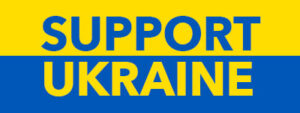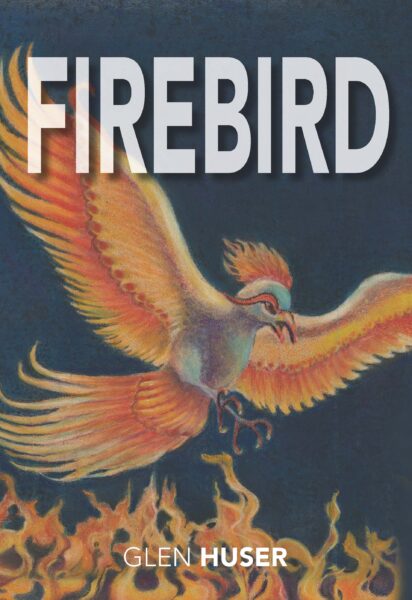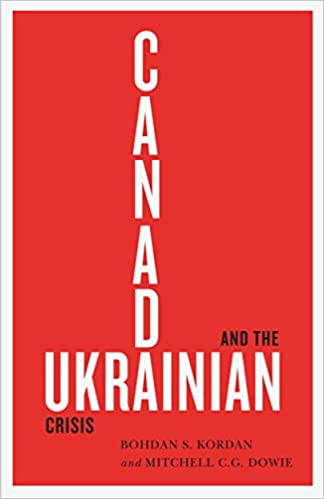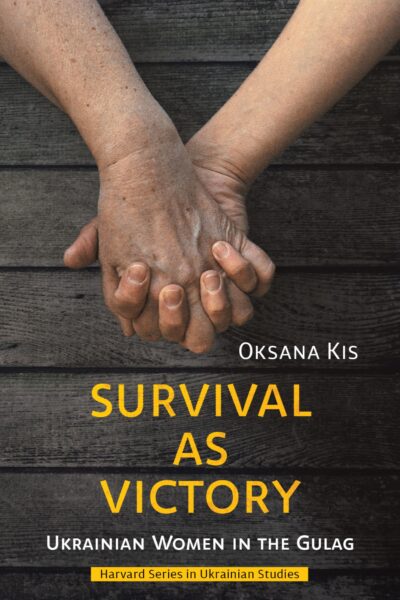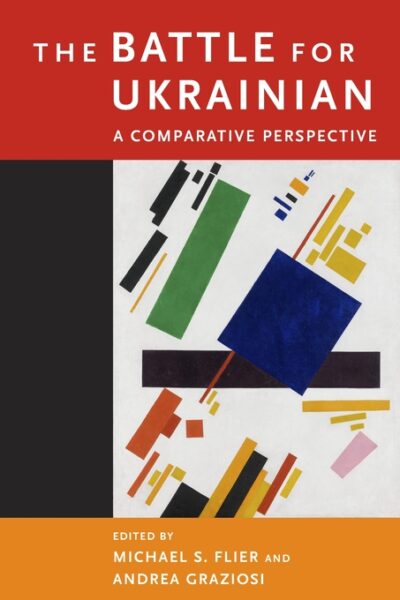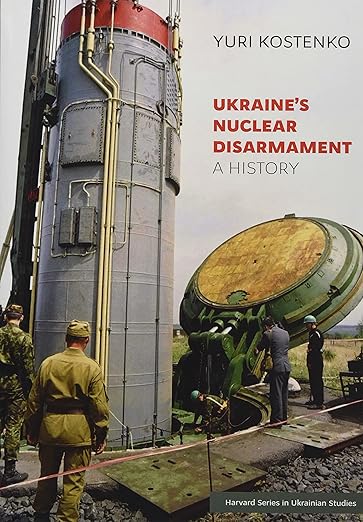Knyzhka Corner Book Review: Putin’s War on Ukraine
In this edition of Knyzka Corner, we will be discussing Samuel Ramani’s book Putin’s War on Ukraine – Russia’s Campaign for Global Counter-Revolution. Published in 2023, Samuel Ramani’s Putin’s War on Ukraine is a comprehensive analysis of the causes, events, and impacts of Putin’s “special operation.” The very first sentence of this book is a […]


